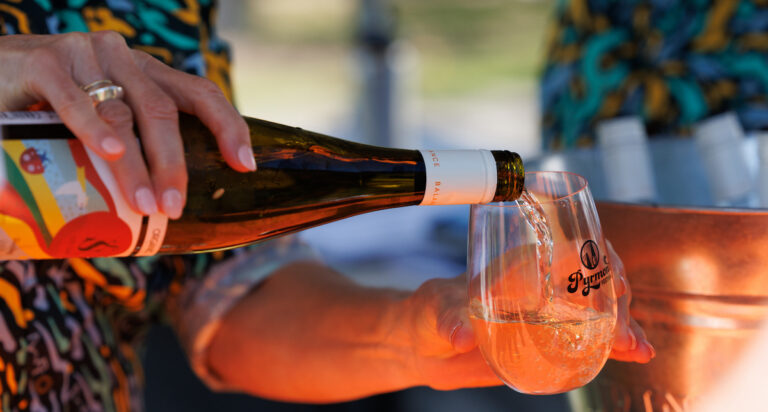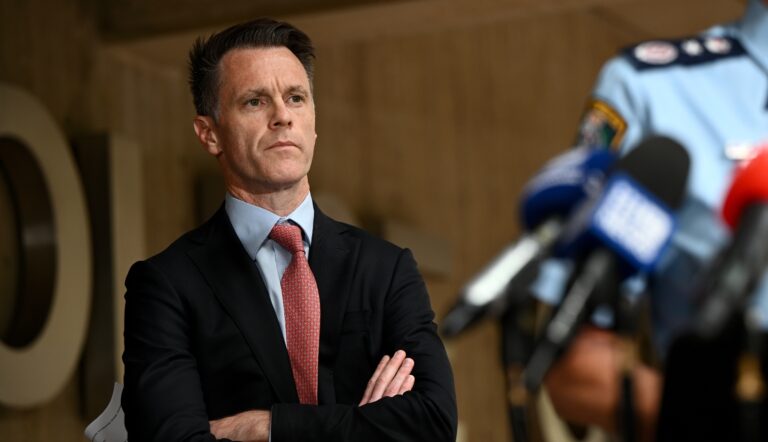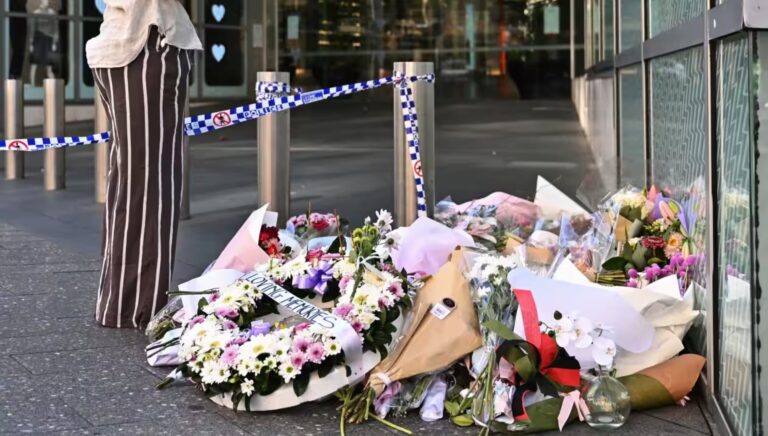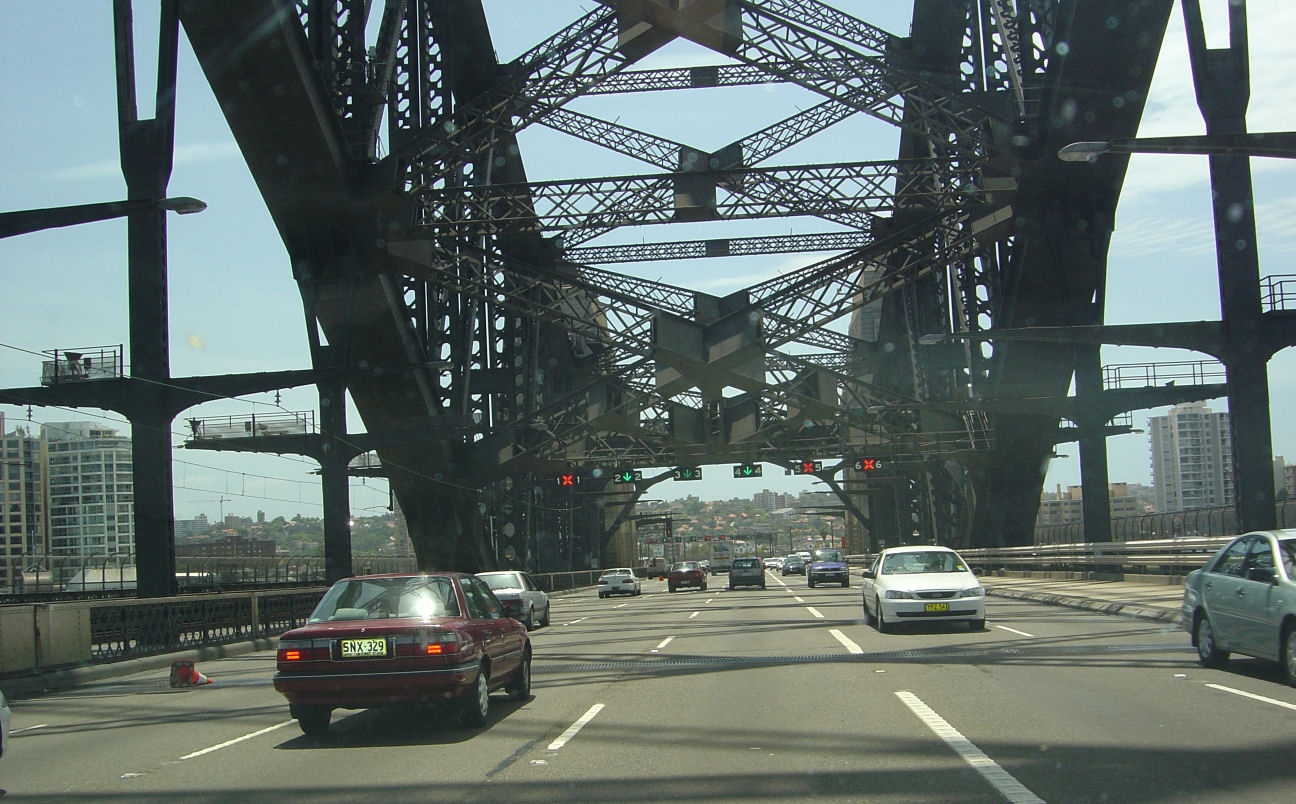
Protestors rally for abortion legalisation

BY RYAN QUINN
Pro-choice campaigners and Greens MPs united on Monday to make it clear that abortion is still a crime in NSW and they no longer want it to be the case.
Around 50 people gathered at Martin Place Monday afternoon to mark the September 28 Global Day of Action for Access to Safe and Legal Abortion, calling for its decriminalisation and protest-free zones around existing clinics in NSW.
“It’s time to break the silence, the taboo, the stigma, and the taint of criminality that surrounds abortion,” Greens MP and Status of Women spokesperson Dr Maureen Faruqi said.
“Of course we have got to bust the myth. But actually what we’ve got to do is bust the law that says that women and their doctors are criminals for a basic human right and a medical procedure.”
The group wore End12 t-shirts, chanting in support of Dr Faruqi’s comments.
End12 refers to division 12 (sections 82 and 83) of the NSW Crimes Act 1900 which criminalises abortion, where it is only lawful if it is to prevent serious risk to life, mental and physical health under a 1971 Levine District Court ruling.
Dr Faruqi has taken the step in giving notice to NSW Parliament that she will be introducing a bill to decriminalise abortion and create safe zones around clinics.
Currently, abortion is legal in the ACT and legalised under certain timeframes and circumstance in Victoria, Western Australia, and Tasmania, and also in South Australia and Northern Territory if pregnancy is deemed a danger.
“I’m from Queensland where, like NSW, we are the only two states left where control of our bodies is still considered a crime,” Greens Senator for Queensland Larissa Waters presented.
Greens MP Lee Rhiannon also agreed that this legislation is not just a necessity for women and transgender men’s rights (female to male transition), but also to their safety.
“It’s also a life and death issue. Tens of thousands of people have died because abortion is not legal; because of the conditions under which the law currently operates,” she said to the crowd.
Recently, a survey of 1015 NSW residents on issues of abortion found that the majority supports abortion, no matter the location, gender or political leaning, according to Dr Faruqi.
The survey was the first of its kind, finding that 87 per cent believe a person should be able to have an abortion.
“Overwhelmingly, the people of NSW have said that they support a woman’s right to make a choice about her own body,” she told the crowd.
“They overwhelmingly support the decriminalisation of abortion.”
“They also overwhelmingly support the [sic] enaction of exclusion zones outside clinics.”
In addition to decriminalisation, the group are calling for protest-free zones to be enacted around NSW abortion clinics, preventing the intimidation of anybody entering or exiting by anti-abortion groups.
Senator Faruqi told the crowd of her recent visit to the Fertility Control Clinic in Albury.
“I did visit the clinic and experienced first-hand what is experienced by women who are going in for a simple medical procedure. They actually need security guards outside that clinic.”
Tasmania also already have these protest-free zones, while Victoria and ACT parliaments are working toward it, according to Dr Faruqi.
Supporter and attendee Monique Newberry feels that abortion illegality and misinformation is a cause of stigma slowing the momentum needed to decriminalise it.
“Abortion is currently criminalised. A lot of people have no idea. A lot of my friends were surprised to hear that, including ones that had had access to an abortion,” she said.
Senator Rhiannon agrees that there is a myth surrounding the legality of abortion.
“Many of us have had this experience that people don’t actually believe you when you say it is a crime. They actually shake their head and you’ve got to delve into a bit to remind them how serious it is.”
The recent poll also found that 76 per cent of those surveyed believed abortion to be legal in NSW.
Law and University of Sydney Medical Student Josephine de Costa says that it is however an unenforced law, with only a small amount of prosecutions happening the last few decades.
Mrs de Costa was invited to highlight to the rally how this law will affect her as a doctor in the future.
“This law impacts me in two huge ways: firstly it restricts a service that I may need, that 1 in 3 women will need in their lifetimes, and it also restricts the things I can provide as a doctor,” she said.
“If this law doesn’t change, the future-me and my practice as a doctor will be limited because my patients simply won’t have access to adequate termination services.”
The rally comes the same day as the announcement of a new national phone service which will enable access to abortion drug RU486 without visiting a doctor or pharmacist, provided by the Tabbot Foundation.
The September 28 Global Day of Action for Access to Safe and Legal Abortion spans two decades, chosen to commemorate the abolition of slavery in Brazil, now known as the day of the “free womb”.
“Today is an international day for women having the right to seek a safe abortion, and there’s fantastic actions around the world.”









